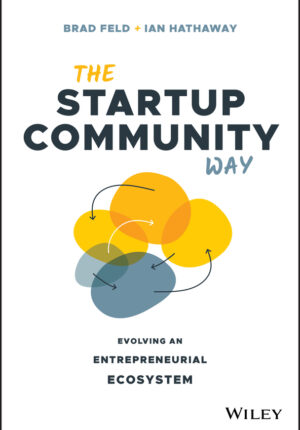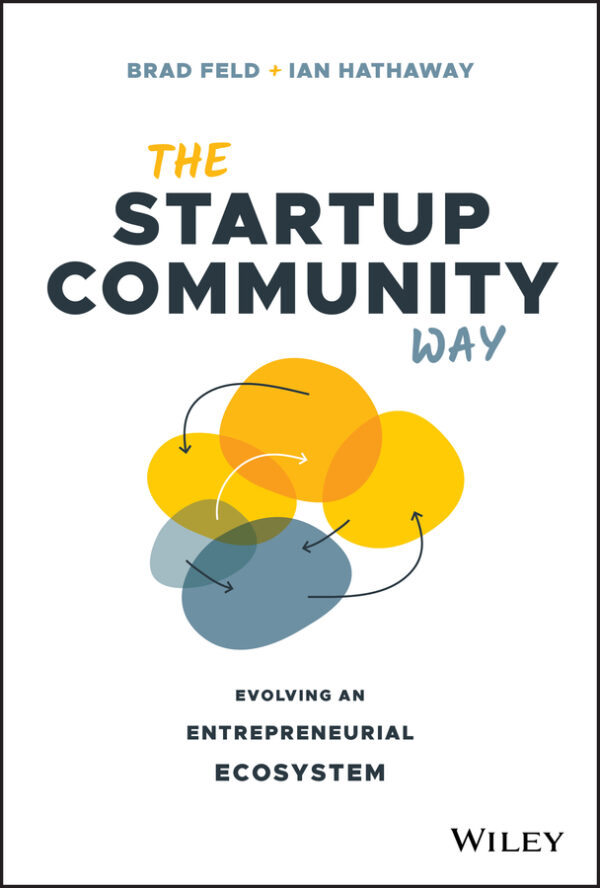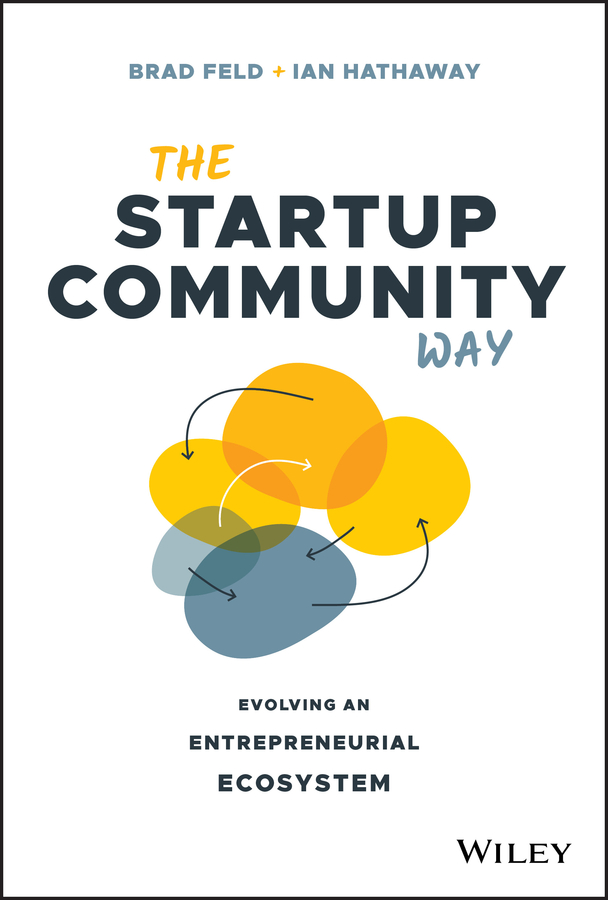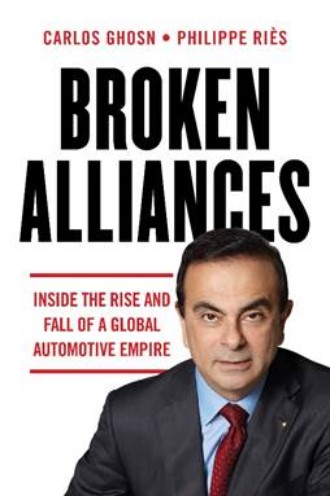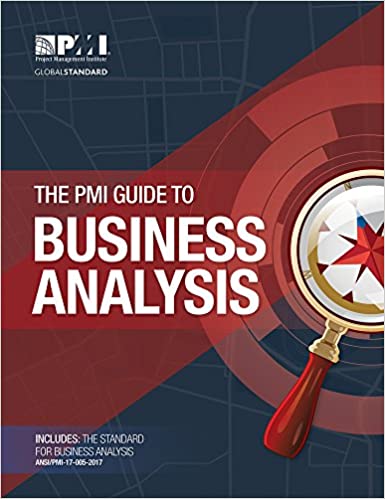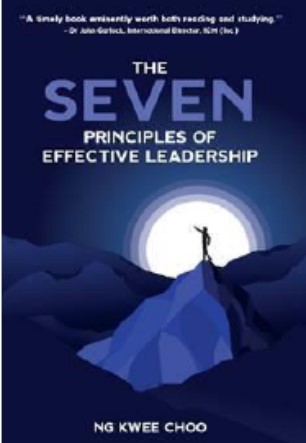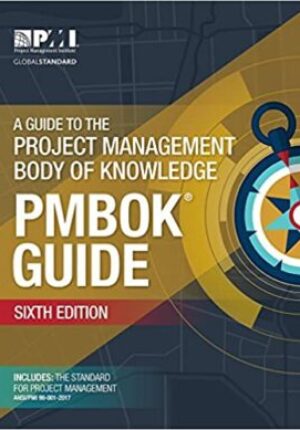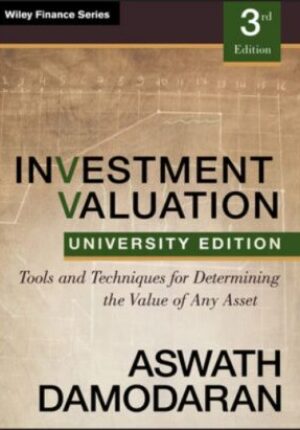Brad Feld (Boulder, CO) has been an early stage investor and entrepreneur for over twenty years. Prior to co-founding Foundry Group, he co-founded Mobius Venture Capital and, prior to that, founded Intensity Ventures, a company that helped launch and operate software companies. Brad is also a co-founder of TechStars. Brad currently serves on the board of directors of BigDoor, Cheezburger Networks, Fitbit, Gnip, MakerBot, Oblong, Orbotix, and Standing Cloud for Foundry Group. Previously, Brad served as chief technology officer of AmeriData Technologies. AmeriData acquired Feld Technologies, a firm he founded in 1987 that specialized in custom software applications. Brad had grown Feld Technologies into one of Boston’s leading software consulting firms prior to the acquisition. He also directed the diversification into software consulting at AmeriData, a $1.5 billion publicly-traded company which was acquired by GE Capital in 1995. In addition to his investing efforts, Brad has been active with several non-profit organizations and currently is chair of the National Center for Women & Information Technology, co-chair of Startup Colorado, and on the board of Startup Weekend. Brad is a nationally recognized speaker on the topics of venture capital investing and entrepreneurship and writes the widely read blogs Feld Thoughts and Ask the VC. Notable companies that Brad has invested in and/or sat on the boards of include Abuzz (acq. NYT), Anyday.com (acq. PALM), Critical Path (CPTH), Cyanea (acq. IBM), Dante Group (acq. WEBM), DataPower (acq. IBM), FeedBurner (acq. by GOOG), Feld Group (acq. by EDS), Gist (acq. RIM), Harmonix (acq. VIA), NetGenesis (IPO), ServiceMagic (acq. IACI), ServiceMetrics (acq. EXDS), and Zynga (ZNGA). Ian Hathaway (Washington, DC) is an experienced economist, analyst, strategic advisor, and writer. He has subject matter expertise in entrepreneurship, technology, innovation, and cities, and is adept at generating data-driven insights and communicating complex material to general audiences. Ian has also launched new ventures, helped young organizations get off the ground, and worked with established businesses to expand into new areas. Currently, Ian is research director at the Center for American Entrepreneurship, a nonresident senior fellow at the Brookings Institution, a research fellow at Boston University, and an adjunct professor at New York University. He also advises organizations in the Internet, software, medical technology, media, consulting, venture capital, non-profit, education, and government sectors, on a range of strategic, research, and public policy issues. Ian has published for a number of prominent research institutions, universities, non-profits, and businesses, and is currently developing content for a book on startup ecosystems due to publish in 2018. He is regularly cited in leading press outlets, including in The New York Times, The Economist, The Washington Post, Financial Times, The Wall Street Journal, and is frequently invited to speak before conferences, seminars, and workshops. Previously, Ian was an economist at the Federal Reserve Bank, World Trade Organization, and Bloomberg, and founded Ennsyte Economics, a consultancy. He has also been an advisor to a number of venture-backed technology startups, investors, and non-profits. Ian is a graduate of the University of Chicago, where he studied economics and political economy.
The startup community way – evolving an entrepreneurial ecosystem Ebook
The Startup Community Way is a sequel to Startup Communities: Building an Entrepreneurial Ecosystem in Your City. It pciks up where Startup Communities left off, looking at why makes startup communties thrive — anywhere. The Startup Community Way advances the practice of startup community building in several key ways: ?Establishes the very notion of a startup community. ?Provides an intro to relevant historical frameworks: agglomeration, networks, creative class ?Establishes the Boulder Thesis: a governing philosophy for startup communitie. ?Discusses the role of key stakeholders (leaders and feeders), what can go wrong (Classical Problems and Myths), why a community matters (Power of Community and Broadening), and why leaders are the key to bringing it all together (Attributes of Leadership) ?Offers a ton of practical advice along the way, aimed primarily at entrepreneur community builders Expands the Boulder Thesis to benefit nascent startup communities or those in an international context. Discusses es the role of government (national, regional, local, international) in startup communities — they can and do play a big role, particularly outside of the United States. ?Provides a framework or model for assessing and measuring the maturity of a particular startup community–“Where are we? and How do we get where we need to go? Shares lessons that will be more generalizable across geographies and will tell lots of stories from around the United States and other countries. ?SCW will go deeper on other universities, other non-tech stuff, and structural dynamics (like technology transfer, patents, rules of engagement for students). It ill also develop a more robust framework for assessing and measuring a startup community (ranges from quality and types of stakeholders and assets to improving linkages and changing culture). ?Having the benefit of 6+ years to look back upon, SCW will have examples to draw upon from cities around the world — a look back at what we have learned in the last half decade. In that regard, well have many more outside voices (contributors) in this book compared with SC1. ?The main new intellectual contribution of SCW is the introduction and application of complex systems theory into the practice of startup community building. SC1 is steeped in complexity theory, though does not go deep on explaining the implications of complex systems and how that justifies our recommendations (which differ widely from more traditional approaches). ?SCW will have a more robust/concise practitioners guide at the end.
| Year | 2020 |
|---|---|
| Format | Ebook |
| Author |
Brad Feld |
| Publisher |
John Wiley |

